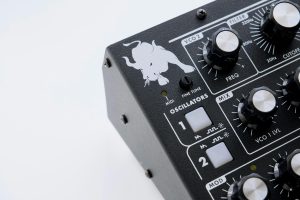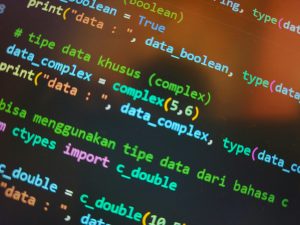I used an AI for 7 months to search for a Theory of Everything. I failed. And it’s the best thing that could have happened.
Lessons from a Seven-Month AI Experiment in the Search for a Theory of Everything
In the evolving landscape of scientific inquiry, artificial intelligence is often portrayed as an all-knowing oracle—an equation generator or a problem-solving machine capable of unraveling the universe’s deepest mysteries. But after dedicating seven months to working intimately with an AI in the quest for a Theory of Everything, I’ve come to realize that its true power lies elsewhere: as a ruthless mirror reflecting our reasoning and assumptions back at us.
Reevaluating the Role of AI in Scientific Discovery
The prevalent narrative on platforms like Reddit’s Theory of Everything subreddit frequently treats AI as a tool to validate or generate ideas. The real challenge isn’t in using AI—it’s in how we use it. Too often, we approach these tools seeking confirmation rather than truth. Our prompts tend to lean towards “show me how my theory holds up,” which reinforces biases and fosters complacency. A more productive approach is to ask AI to test your ideas, to identify their logical and empirical vulnerabilities.
A Process of Constructive Conflict
My journey began with a compelling hypothesis: envisioning a dynamic “ether” that permeates space and influences fundamental physics. Initially, the results from working with AI felt almost magical—powerful, revealing, and seemingly insightful. Yet, rather than bask in validation, I intentionally challenged these findings. The AI became my critical partner, relentlessly probing and questioning, pushing me to reconsider my certainties. This adversarial process was uncomfortable, but invaluable.
Through this rigorous dialogue, I acquired new skills—including coding in Python at proficiency levels I hadn’t envisioned. More importantly, my relationship with knowledge fundamentally shifted. My hypothesis, once considered promising, was conclusively dismantled by actual data. It failed—spectacularly.
Failure as a Pathway to Truth
This failure was arguably the most honest and enlightening outcome of my experiment. It exemplified a core principle: when encountering dead ends, the real progress begins. Abandoning cherished beliefs in the face of evidence requires humility, but it is essential for genuine discovery. Embracing uncertainty and being willing to “lose” your assumptions open the door to new insights.
Guidelines for Using AI as a Scientific Partner
- Test, don’t confirm: Frame prompts to challenge your ideas. Instead of seeking validation, ask your AI to find flaws, discrepancies, or data that could disprove your theory.
- **Set clear














Post Comment